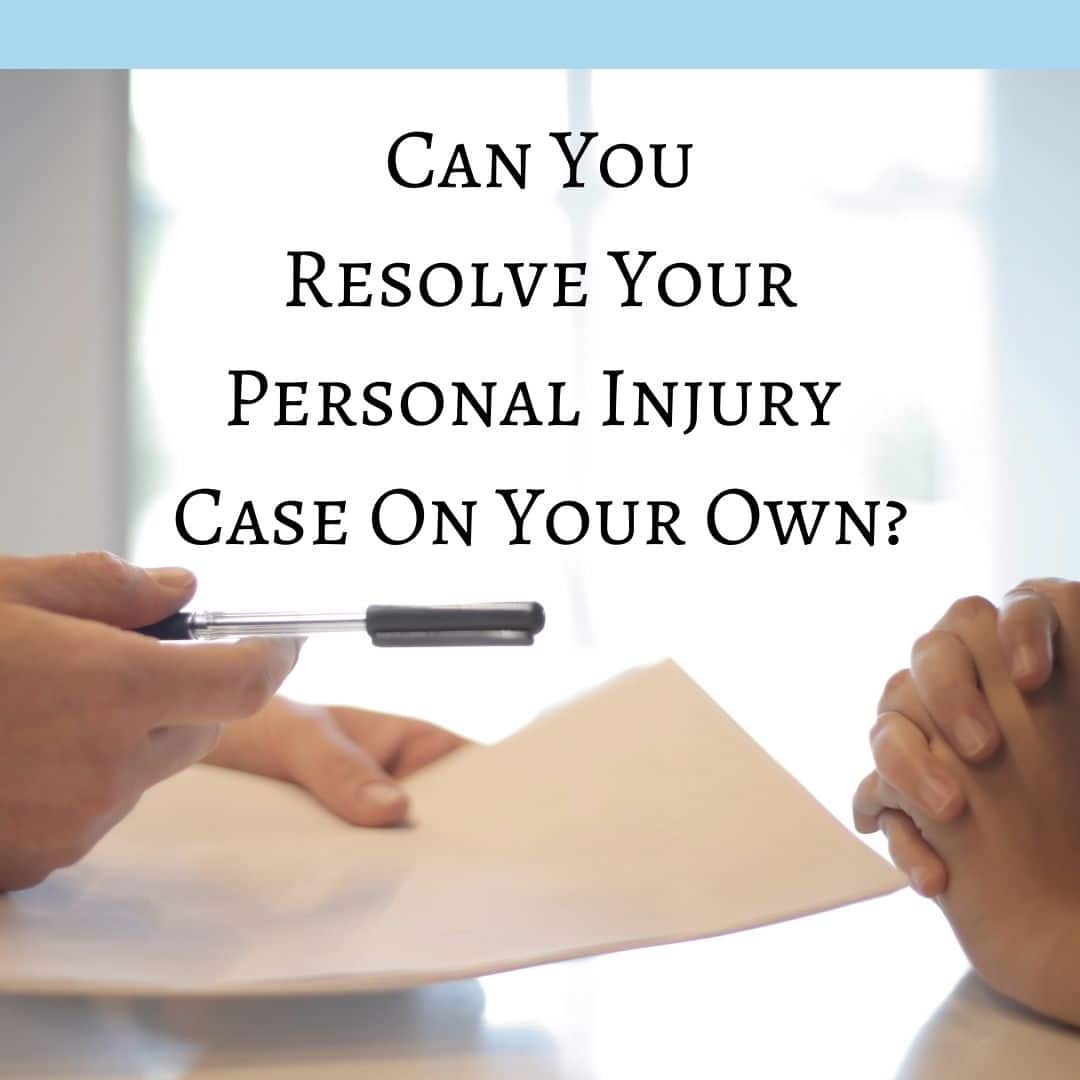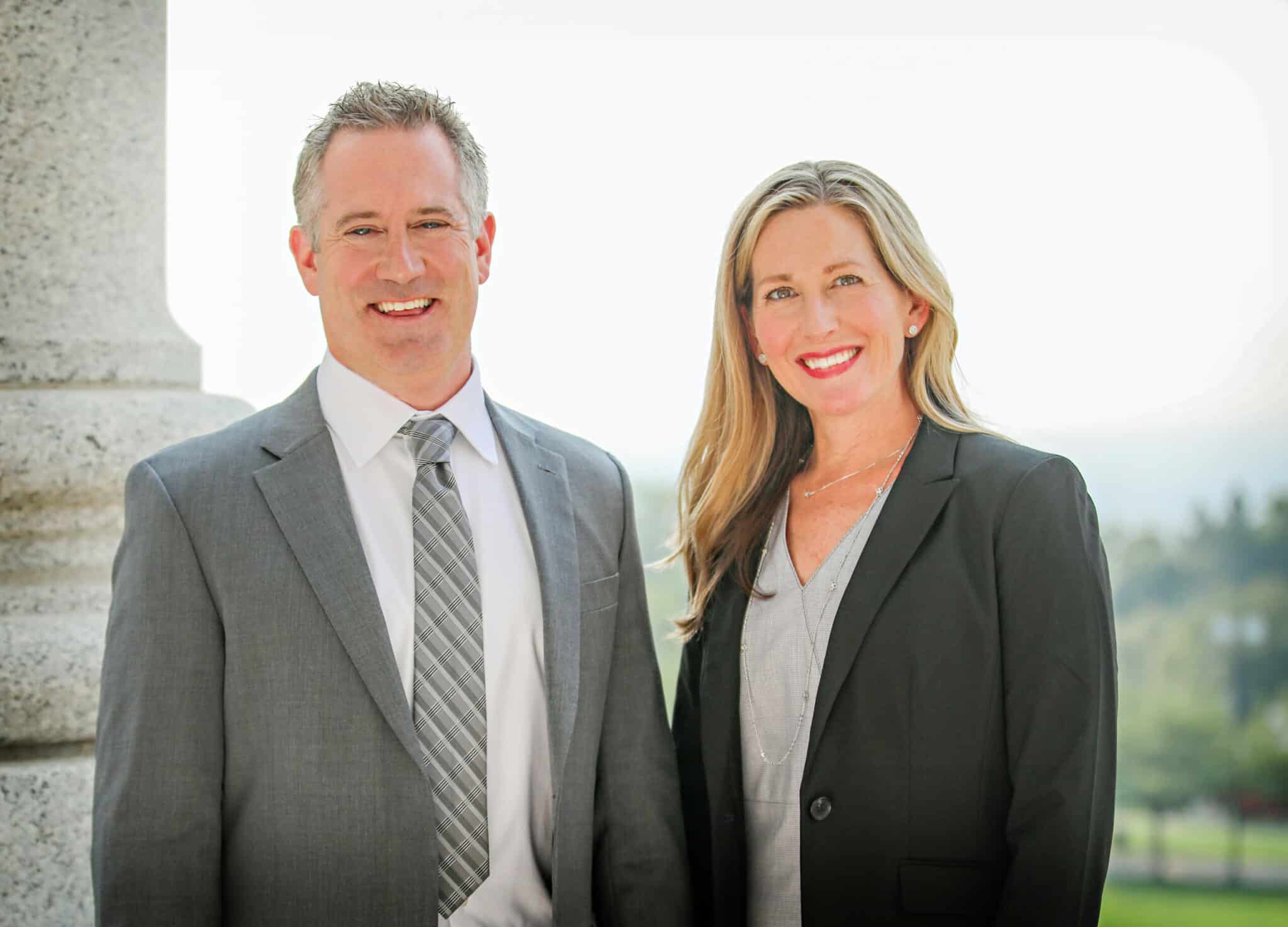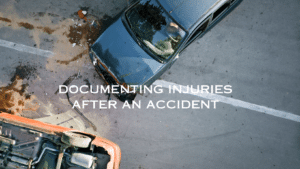
A fair number of clients come to us after trying to settle their own personal injury case. There are certainly times when a lay person can neatly wrap up an accident case by themselves but those cases usually do not involve bodily injury. For example, if someone hits your truck while you are inside a store, you shouldn’t have much trouble getting your truck repaired or replaced with a third party property damage adjuster (particularly where you have video). However, be very cautious about accepting a settlement amount and signing releases if you are unrepresented. The primary reasons for this caution is:
1) If you received medical treatment, most providers have an entire year to bill you for services. Quite often, the hospital will bill for services but the ER physician’s bill is separate and comes later. If you missed that bill, you are still on the hook to pay it (the average ER doctor bill is about $900). You might also have X-ray or imaging bills that will be coming separately. All of these providers must be paid with your settlement. The third party (at-fault) insurance adjuster will send a release that clearly indicates that you must pay any bills related to the accident.
2) In almost all cases, if your insurance (PIP, medical insurance, L&I, Medicare/Medicaid, etc.) paid any bills, you are required to pay them back. This is called subrogation. If you accepted a settlement that is smaller than what you owe, you will be in debt after your settlement. This is the reason third party adjusters call a lot right after the accident. They want you to settle the case before you realize how much you owe back in medical payments. A settlement of $1000 might sound like a lot until you realize that you have $10,000 in medical bills simply from the one ambulance ride, the 3 hour visit to the Emergency Department, the ER doctor, the imaging, and lab work. More often than not, we see well over $7,000 from the initial hospital visit immediately post-accident (that is for victims who have no broken bones or serious head injuries).
3) Even if the offered settlement says the third party insurance will pay “all reasonable and necessary medical expenses” to date plus $3000 for your trouble, that does not mean all of your medical bills will get paid. Every month, we have insurance adjusters decide that certain aspects of someone’s care was not “necessary” in their eyes. Likely, it will be ridiculous but they will simply refuse to pay that portion of a bill. If you signed the settlement, there won’t be much you can do to refute their version of “necessary.”
4) If you have Medicare or Medicaid as insurance, realize that you may be precluded from having coverage for any additional medical care related to the accident following your settlement. In certain cases, you are supposed to get a “set aside” that acts like a savings for accident-related future care. If you accept a settlement without a set-aside (and it was required), you will be personally responsible for any further medical care.
5) If you accepted settlement money for lost wages, this is a taxable event. Just like paying taxes on earned income, you could be required to pay taxes on the portion that you accepted specifically for lost wages. So, if you accepted $2,000 in lost wages, it may not in fact be $2000 in your pocket. Your gross settlement is not always the amount of money you are “entitled” to under all of the rules and tax realities.
There are many other reasons you should be cautious in handling your own personal injury case. First and foremost, the adjusters do not owe you any fiduciary duty and will not advise you of all of the legal ramifications of your settlement. In most cases, you will receive more money in your pocket if you have a lawyer handle the case and manage the above noted risks.
If you are unsure whether your injury case warrants hiring a lawyer, call for a free consultation. Every case is unique and it doesn’t cost anything to ask the questions. Since personal injury lawyers work on a contingency basis, it will cost you nothing to hire a lawyer at Witt Law Group. We are based in Kitsap County, Washington with offices in Poulsbo, Bremerton and Gig Harbor. We’re here 24/7 so don’t hurt your case by delaying!

Get help now
Whether you choose to handle your case alone or engage the Witt Law Group, being informed and prepared is essential. Early involvement of an attorney can significantly impact your chances of a fair recovery, allowing you to focus on healing while we handle negotiations with insurance adjusters to secure fair compensation for your injuries.




